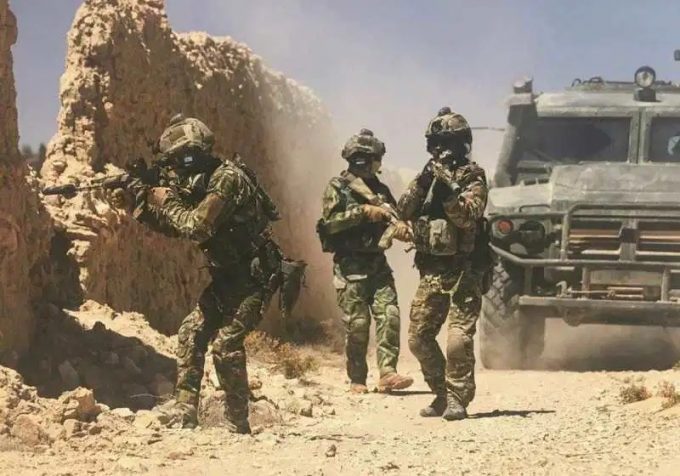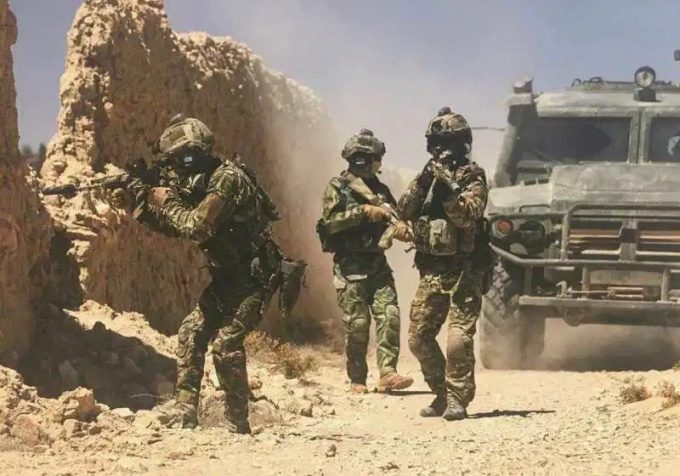Authors: Patrick Haasler, Eleonora Tatizki, Fabrizio Napoli, Igor Shchebetun, Davide Gobbicchi, Greta Bordin - Russia Team
In August 2022, the town of Soledar in Ukraine went from a bustling community to a pile of rubble. Months later, a surprising announcement appeared on Telegram, claiming that the Wagner Group, a private military company, had seized control of Soledar. What made this revelation intriguing was that it came not from the Russian army, but from Evgeny Prigogine, a Russian oligarch with close ties to President Vladimir Putin.
Prigogine, nicknamed the "Putin chef" for his past role as a Kremlin caterer, rose to power in 2014 as the head of the Wagner Group. This secretive organization operated a covert network involving mining companies, political influence operations, and a ruthless private military force. However, the Wagner Group's activities were typically concealed, and public victories like the one claimed in Soledar were rare.
Yet, things are changing. The Wagner Group, once shrouded in secrecy, is now revealing its strategies and becoming more visible. Its soldiers, known as "Little Green Men," were first observed in 2014 during the Russian annexation of Crimea and the conflict in Ukraine. Since then, they have become Prigogine's frontline agents, supporting Russia's global strategy.
The Wagner Group serves multiple purposes for the Russian government, with the primary objective of diverting attention from activities that the Kremlin prefers to keep hidden. Journalist Candace Rondeau, who investigates the Wagner Group and Russia's proxy warfare strategy, explains that one of the group's main functions is to deliver weapons and military services to countries with which Russia has military agreements.
Recruitment is a significant aspect of the Wagner Group's operations. Despite Russian law technically prohibiting its citizens from engaging in paid foreign combat, the group has managed to recruit tens of thousands of soldiers, mainly from Russia. These soldiers typically consist of hardened military veterans in command positions, while others with elite backgrounds fill the rank-and-file level. Over time, the Wagner Group has developed a recognizable brand, complete with emblems, insignia, and an online presence, earning them the moniker "the McDonald's of the Russian way of war."

The Wagner Group employs three primary strategies to carry out Russia's objectives worldwide. They target countries experiencing prolonged conflicts, weak governance, or corruption. Syria, for example, became a focal point when Wagner mercenaries appeared to support President Bashar al-Assad's forces in their fight against rebel groups. Wagner troops have been observed in numerous unstable regions, expanding the group's influence across at least four continents, particularly in Africa.
In these client states, the Wagner Group engages in various activities, including teaching local militaries reconnaissance and counterinsurgency tactics, often employing rough and brutal methods. Mali, which has been grappling with a jihadist insurgency and frequent coups, became a prime target for the Wagner Group. After France withdrew its military support in 2021, the group discreetly arrived in Mali, establishing a military base and apparently causing significant human rights abuses, leading to a sharp increase in civilian casualties.
Motivated by complex factors, the Wagner Group's involvement in fragile countries often intertwines with economic interests. As an integral part of military agreements, the group contributes to cycles of debts and loans. In exchange for weapons, training, and assistance, client states offer valuable resources such as oil, gold, and uranium. This seems to enable the Wagner Group to engage in illegal mining activities and money laundering enterprises, consolidating its illicit wealth.
The international response to the Wagner Group's activities has been marked by increased scrutiny and sanctions. While Russian President Putin consistently denies direct links to the group, Prigogine's growing public statements and visibility have drawn global attention. The challenges posed by the Wagner Group to Putin's regime and Russia's military influence across continents continue to evolve, making it a significant concern.
